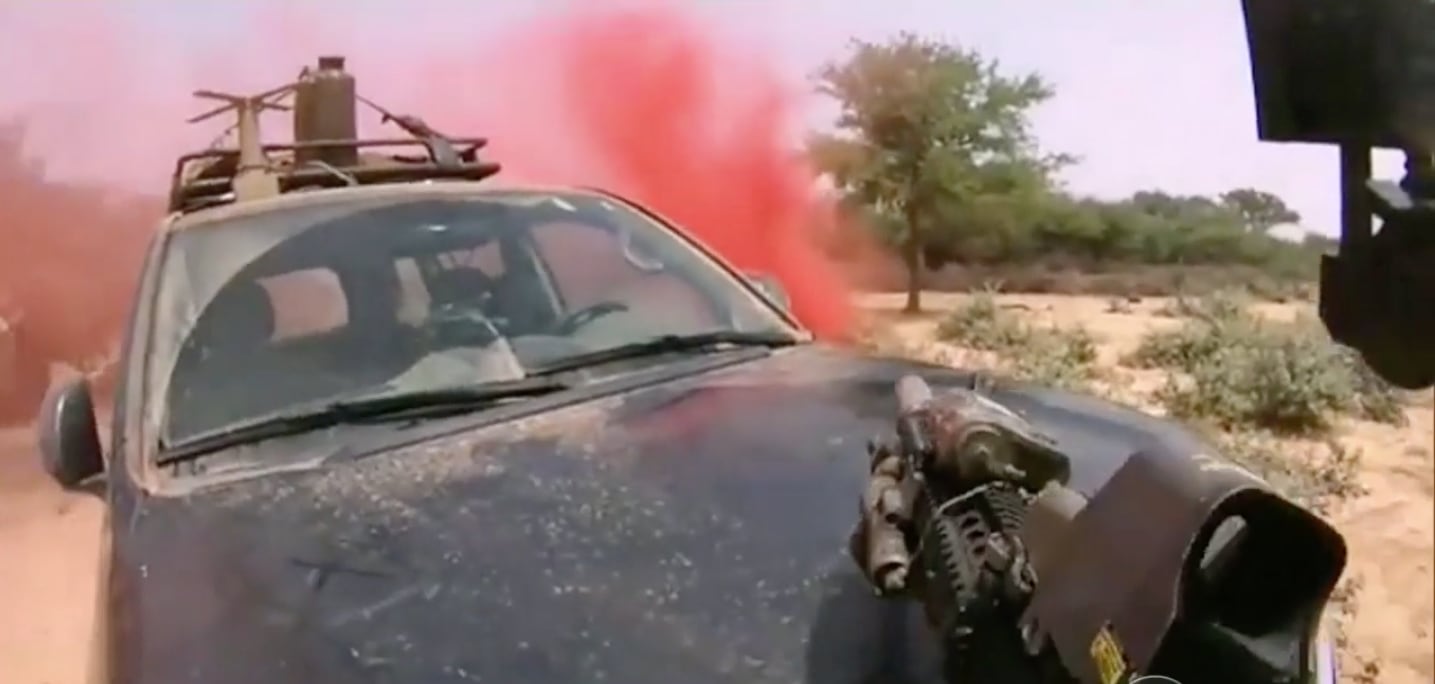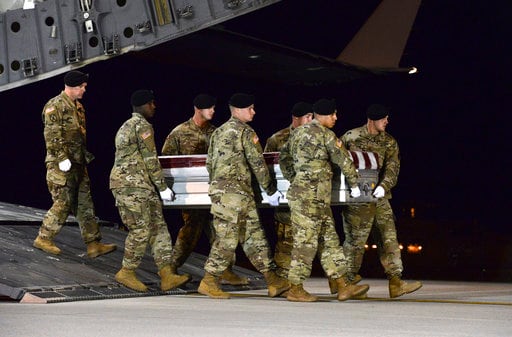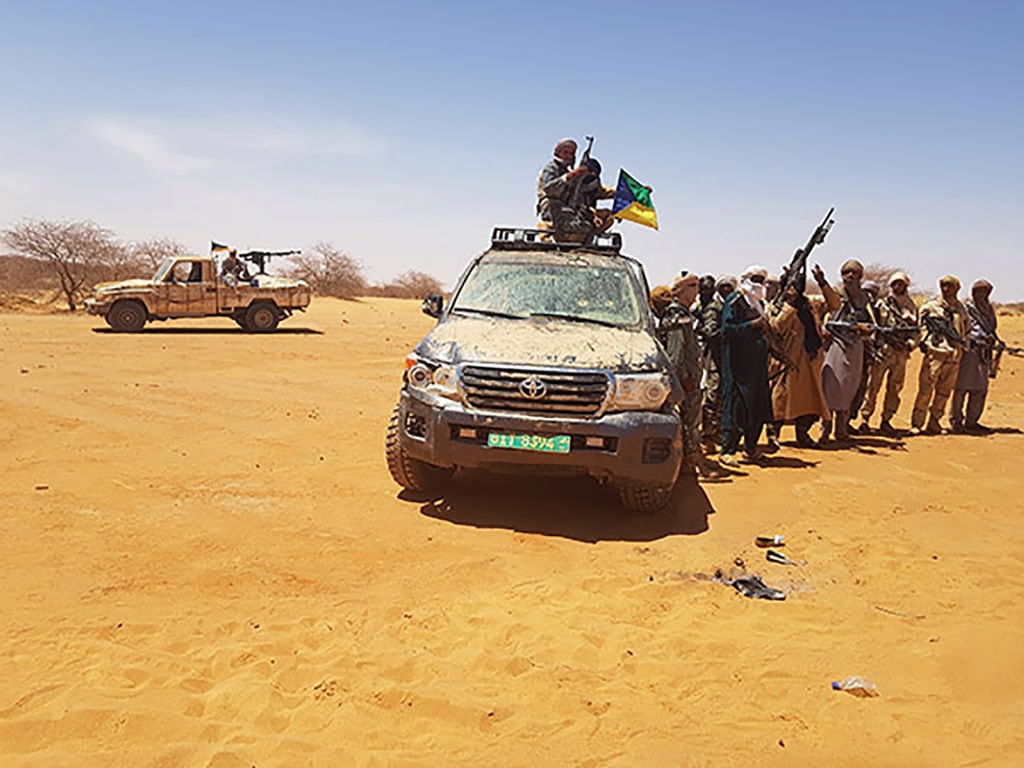Poor training and a culture of risk-taking led to the deadly Oct. 4 ambush near Tongo Tongo, Niger, according to officials familiar with a Pentagon report compiled in the wake of the ambush that left four U.S. and four Nigerien soldiers dead.
Military officials familiar with the 6,000-page report described its findings to the Wall Street Journal. The report included recommendations from Defense Secretary Jim Mattis to improve training and the chain of command for future operations.
Prior to the mission, military commanders displayed failures at multiple levels, according to the Journal. The report reveals that low-level commanders “took liberties to get operations approved through the chain of command.” In one instance, an officer copied and pasted orders for a different mission into the concept of operations to gain approval for the Oct. 4 mission.
RELATED

Mattis gave Special Operations Command, or SOCOM, and Africa Command, known as AFRICOM, 10 “primary directives” with a timeline of four months to address problems found in the report, one of which is to “reinforce normal protocols within the chain of command,” according to the Journal’s sources.
The report does not advise punishments for anyone, according to the Journal. However, the Army or SOCOM could seek to impose punitive measures if found warranted.
The four Americans killed in the ambush were Staff Sgt. Bryan C. Black, Staff Sgt. Dustin M. Wright, Staff Sgt. Jeremiah W. Johnson and Sgt. La David T. Johnson.

The soldiers were overrun by roughly 50 fighters claiming affiliation with the Islamic State. Originally, the unit was conducting a joint security patrol with Nigerien partner forces. But the patrol was abruptly re-routed to search for a high-value individual thought to be in the region, reportedly named Doundou Chefou.
Although the ambushed troops did not capture Chefou, Nigerien forces detained a suspect believed to be the man last week, according to the American ambassador to Niger.
RELATED

There are roughly 800 U.S. troops in Niger, and a $110 million drone base is now being built there. It will cost $15 million annually to operate and will be marked by both the American and Nigerien flags.
U.S. forces have been in Niger for years, but the mission there has steadily grown. In the wake of the ambush, it was revealed to the American public that troops in Niger have come under fire multiple times both before and after the ambush incident.
Most of the family members of the soldiers who died in the ambush have been briefed on the investigation’s findings. After Congress has been briefed, a version of the report will be released publicly.
Kyle Rempfer was an editor and reporter who has covered combat operations, criminal cases, foreign military assistance and training accidents. Before entering journalism, Kyle served in U.S. Air Force Special Tactics and deployed in 2014 to Paktika Province, Afghanistan, and Baghdad, Iraq.





